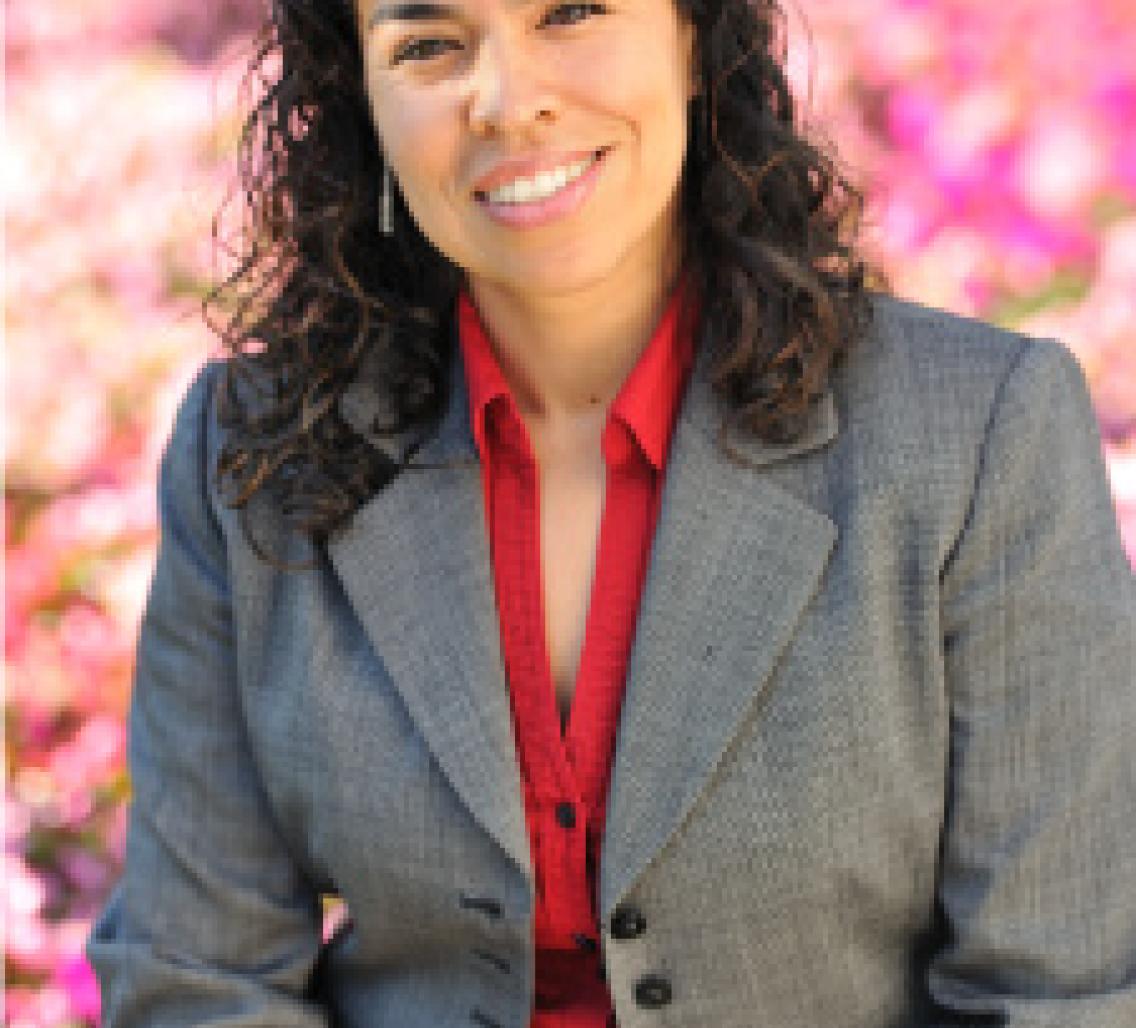Event Details:

Event Details:
Speaker Gelsy Torres-Oviedo, PhD University of Pittsburgh, Associate Professor of Bioengineering
Prof. Torres-Oviedo started her faculty position in the Department of Bioengineering at the University of Pittsburgh in 2012. Prior to that, she completed her postdoctoral training in Neuroscience at the Johns Hopkins School of Medicine and the Kennedy Krieger Institute. She received her PhD in Biomedical Engineering at Georgia Tech and Emory University in 2007 and she graduated from the University of Texas at Austin in 2001 with a B.S. in Physics.
Dr. Torres-Oviedo is interested in understanding learning mechanisms underlying the adaptation of gait and how to stimulate them to rehabilitate the gait of patients with cortical lesions. She uses psychophysical experiments and computational tools for investigating how prior motor experiences influence how we learn and how we generalize new motor patterns to novel situations. Outside the lab, Dr. Torres-Oviedo enjoys playing with her daughter, indoor and outdoor jogging , and watching movies with her husband.
Abstract Effective human locomotion requires the adaptation of planned actions to compensate for sustained changes in the body or in the environment. For example, we adjust our gait prior to stepping on a slippery surface and update our movements as we move to walk more comfortably on it without falling. In this seminar I will discuss two processes that contribute to this locomotor adaptability: 1) the recalibration of internal representations of the body-environment dynamics for predictive motor control and 2) the adaptation of our perceived movements encoded by sensory signals. During the first part of the talk, I will show the recalibration of motor outputs in humans through the analysis of muscle activity. I will particularly characterize the muscle responses upon experiencing a novel walking environment (i.e., legs moving at different speeds). Our results demonstrate that the spatial structure (i.e., activity across different muscles) of these responses is indicative of the motor system’s recalibrated state. I will also show an age-related decline in this recalibration capacity. We are interested in investigating the extent to which this decline is mediated by sensory deficits developed with healthy aging. Thus, during the second part of the talk, I will discuss the human acuity to detect a speed difference between their legs (which presumably drives locomotor adaptation in this context) and how it changes as subjects adapt their gait. We find that young individuals can detect 95mm/s speed differences (~9% weber fraction) with a 75% accuracy. Interestingly, we find through a drift-diffusion model, that the accumulation of sensory information to detect a speed difference incorporates sensory noise that is scaled with the stimulus size, contrasting previous results. Lastly, we track people’s perception of symmetric speeds (i.e., point of subjective equality, PSE) as they walk in the split-environment using a hidden-Markov model. We find that PSE is shifted by 300 mm/s from their baseline value, which is equivalent to a 60% recalibration of people’s perception. In sum, our findings indicate subject-specific adaptation of motor outputs and sensory inputs in locomotion and propose an avenue for investigating perceptual deficits and its relation to motor adaptation impairments due to healthy aging or brain lesions.
Related papers: Corrective Muscle Activity Reveals Subject-Specific Sensorimotor Recalibration
Split-Belt Walking Induces Changes in Active, but Not Passive, Perception of Step Length
About the Wu Tsai Neuro MBCT Seminar Series The Stanford Center for Mind, Brain, Computation and Technology Seminars (MBCT) explores ways in which computational and technical approaches are being used to advance the frontiers of neuroscience. It features speakers from other institutions, Stanford faculty and senior training program trainees.